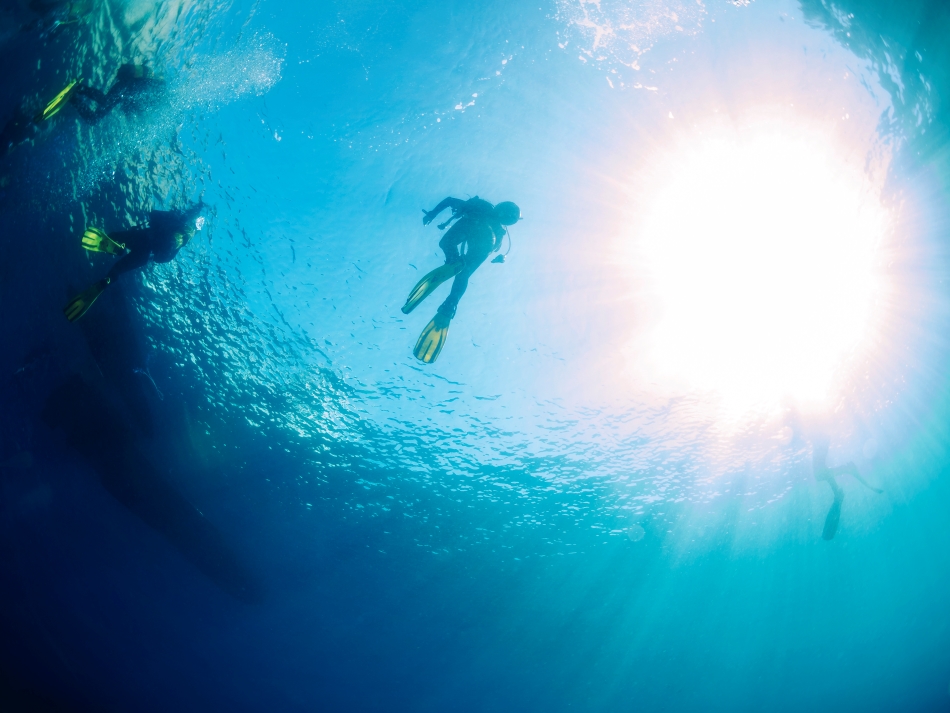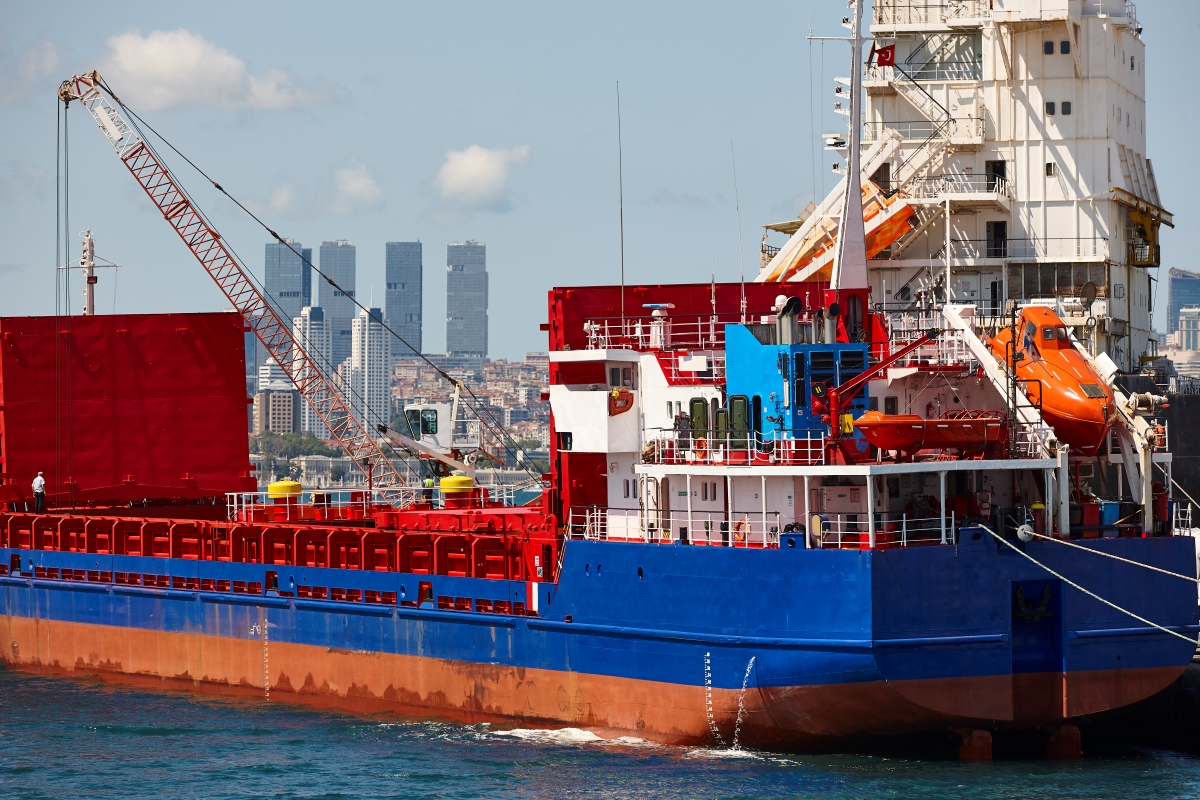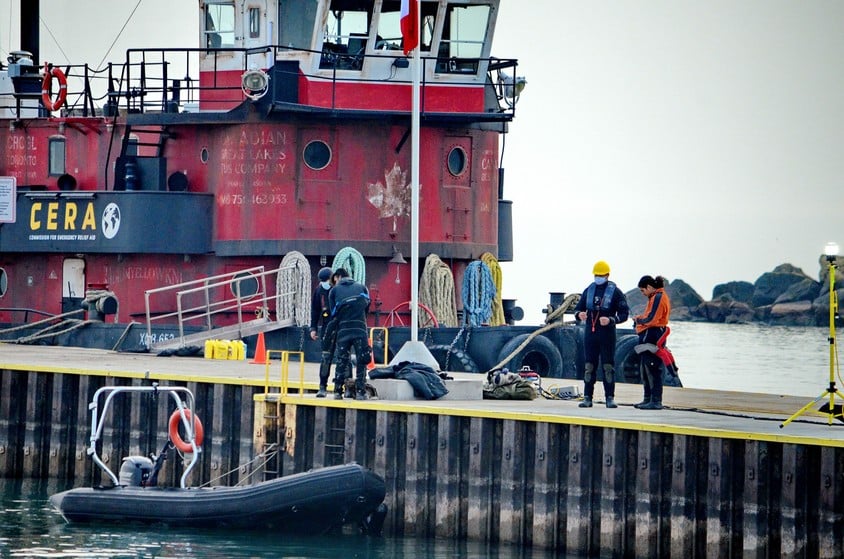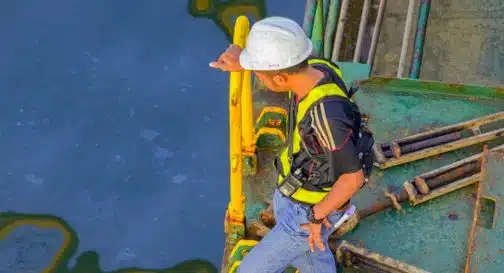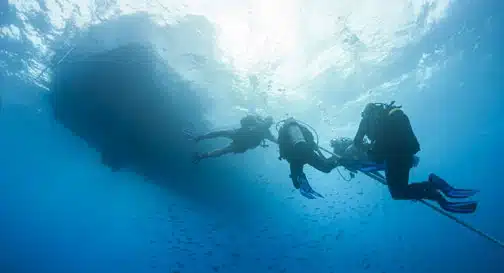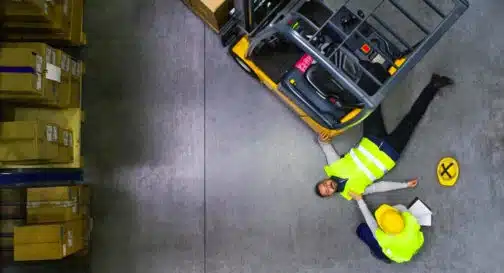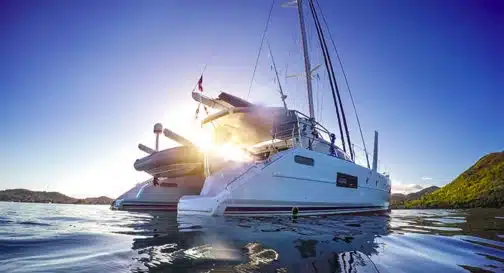If you have been injured in a scuba accident, there are circumstances that could potentially complicate your lawsuit against the dive operator. An experienced scuba diving accident attorney at The Law Offices of Preston Easley, APC can review the circumstances of your case to determine whether you can sue and who.
Signing the mandatory waiver before you go scuba diving can potentially make it more difficult to sue the dive operator. However, it is not always impossible to file a lawsuit. Just because you have signed the waiver does not mean that the dive operator is immune from liability in every single case.
To discuss your case and learn about your legal rights, speak to a scuba diving accident lawyer at The Law Offices of Preston Easley, APC by calling our maritime injury law firm at (310) 773-5207. We can both investigate your accident and obtain the waiver that you have signed to determine whether you can sue the dive operator (or who else may be liable).
The Waiver May Apply to Your Scuba Diving Accident Case
These days, it seems like you are always being asked to sign a waiver before you are able to do anything. This is even more so when the activity is potentially dangerous. Scuba dive operators will uniformly demand that you sign a piece of paper purportedly waiving your legal right to sue them before they will take you out on a dive. This waiver can complicate a lawsuit against the dive operator, but it does not make it impossible to sue them.
You are facing an uphill battle when you try to sue the dive operator because they will always pull out the waiver first thing as part of their defense. They will claim that they cannot be sued because you agreed to hold them harmless. However, the fact that you signed the waiver is not the end of the story.
The court will approach each waiver on a case-by-case basis to determine whether it is valid. The first thing that the court will do is review the exact language of the waiver to determine whether it covers your situation and if it is clear. Typically, scuba dive operators have had attorneys draft and review their waiver language, although it does not always mean that it is perfect.
Gross Negligence Is an Exception That Can Allow a Lawsuit
What is more likely is that a court would analyze the exact actions and negligence of the operator to determine whether it can be covered by a waiver. One of the key exceptions is that nobody can force you to waive your right to sue when that party acted in a grossly negligent manner. Here, the distinction about whether you may be able to sue the scuba dive operator rests on whether their conduct was merely negligent or whether it was grossly negligent.
Some examples of gross negligence in a scuba accident include the following:
- Not properly checking or maintaining the dive equipment that is used by divers
- Taking divers to an area or on a dive that is beyond their skill level
- Ignoring standard safety practices, such as buddy checks or safety briefings
- Not monitoring divers or assisting them when they are in trouble
In general, gross negligence is when the dive operator has a grave failure to act reasonably and observe safety protocols that go beyond mere carelessness. In other words, gross negligence is more than just a simple error that a dive operator would make. Not only would gross negligence allow you to escape the language of a waiver, but it could also entitle you to punitive damages if you take your case to trial and win.
Other Potential Defendants in a Scuba Diving Accident Lawsuit
Note that the waiver does not apply to every possible defendant in your scuba accident case. Even if you may have more difficulties suing the dive operator, there may still be other responsible parties who you can hold accountable for your injuries, including:
- The operator of a dive or charter boat that you were riding on at the time of the accident, or was involved in a crash with your vessel
- The manufacturer or retailer of defective scuba equipment in a product liability lawsuit
- A resort or hotel that arranged the dive for you, especially if they knew or should have known that the operator had a checkered safety record
Your scuba dive accident attorney can conduct a complete investigation of the circumstances of your accident to learn of all responsible parties.
Contact a Scuba Diving Accident Law Firm Today
Take the first step to potential compensation for your injuries by speaking to a Hawaii scuba diving accident lawyer at the Law Offices of Preston Easley, APC. You can schedule an appointment to speak to an attorney by filling out an online contact form or by calling us today at (310) 773-5207.

Preston Easley is a graduate of the United States Naval Academy in Annapolis, MD. He served five years of active duty as a Naval officer — three years as a deck officer on a fast frigate and two years as a patrol boat skipper. Mr. Easley also served aboard a tank landing ship in the reserves. Learn more here.

